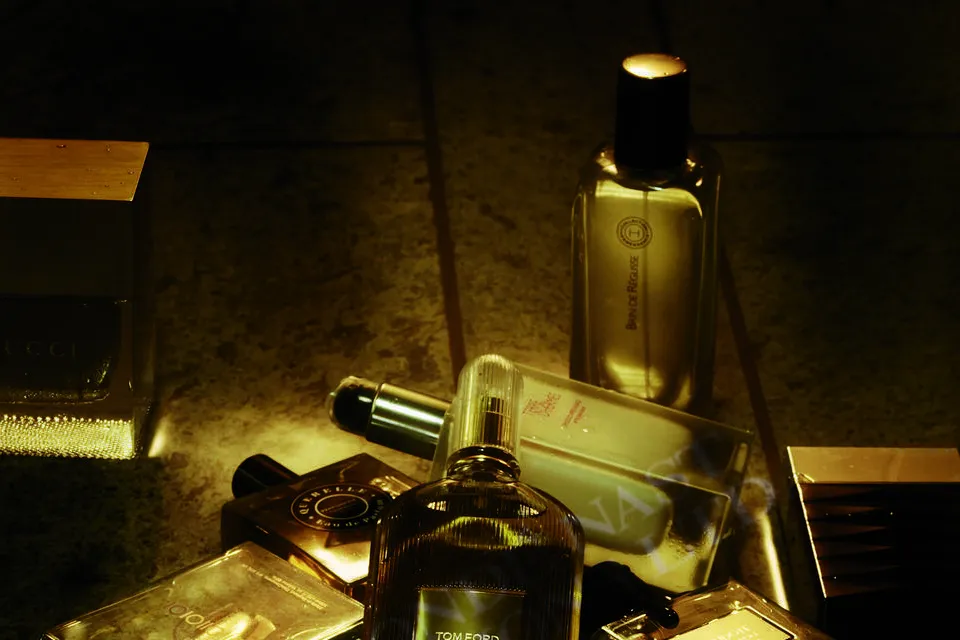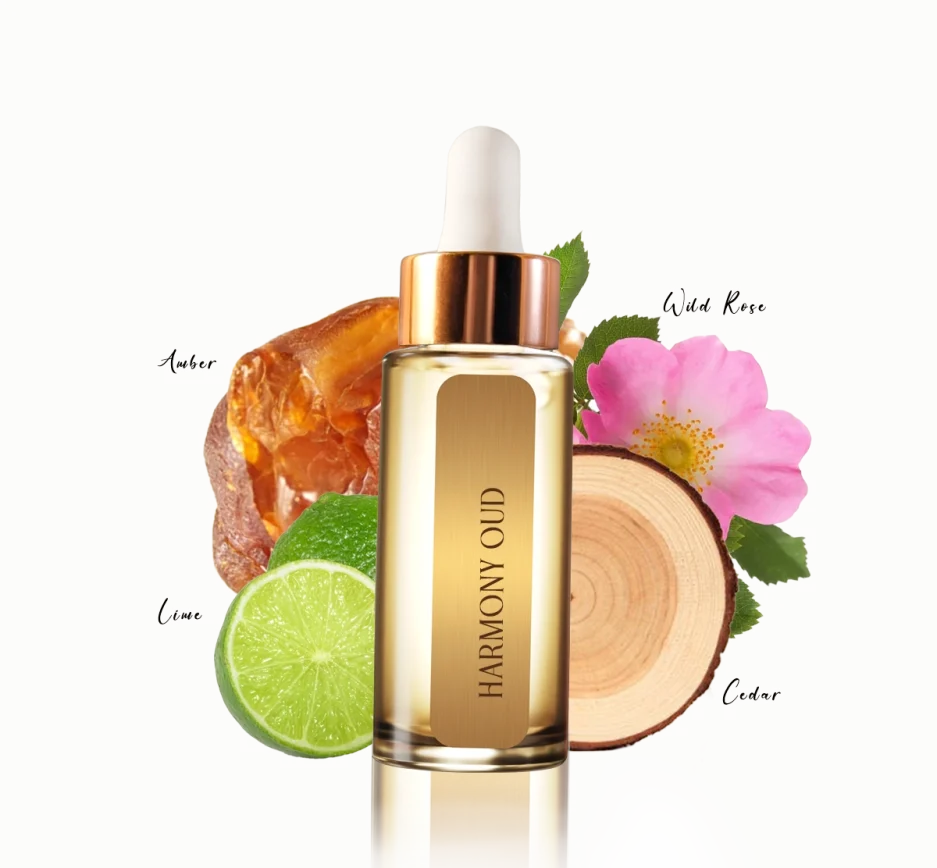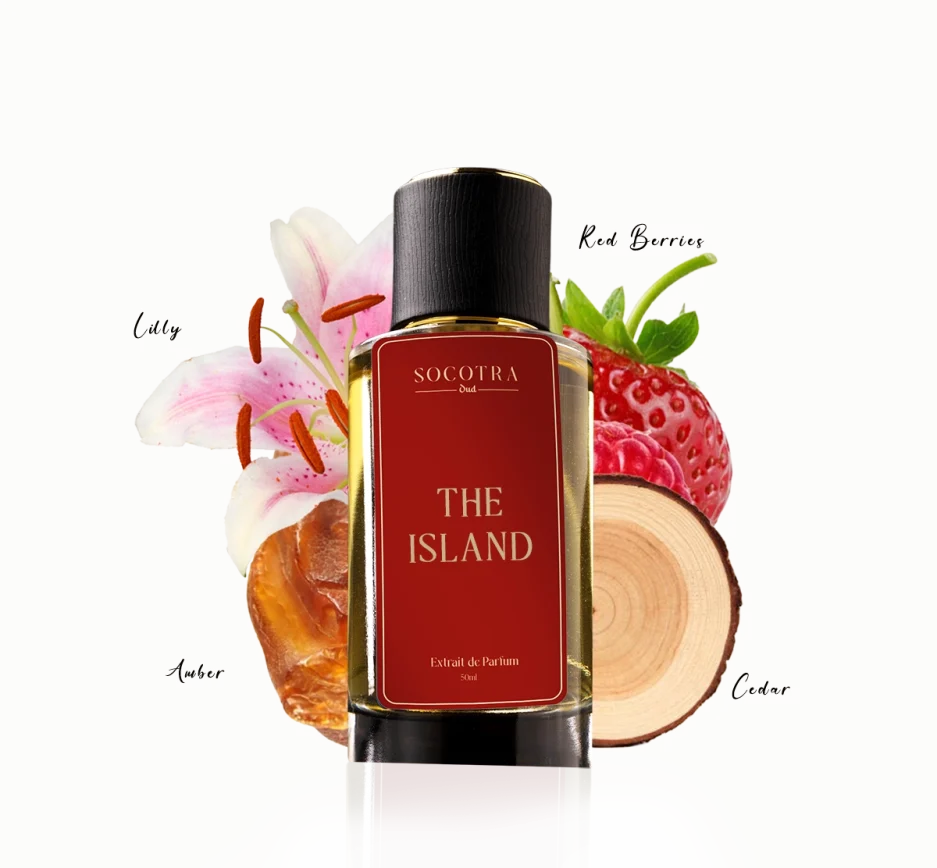Arabic perfume samples hold a unique allure that transcends borders and cultures. These fragrances, deeply rooted in Middle Eastern traditions, offer an olfactory experience like no other. What sets Arabic perfumes apart is their rich history and the meticulous artistry behind their creation. From the ancient craft of distillation to the blending of exotic ingredients, each bottle encapsulates centuries of perfume-making heritage. In Arabic culture, perfume holds great significance, symbolizing hospitality, luxury, and personal adornment. The distinct aromas of Arabic perfumes evoke a sense of mystery and allure, making them a coveted addition to any fragrance collection.
Exploring the Ingredients
Arabic perfume samples are crafted using a blend of natural and synthetic ingredients, carefully selected for their aromatic properties. Oudh, also known as agarwood, is a prized ingredient in many Arabic perfumes, renowned for its rich and complex scent profile. Musk, derived from animal sources or synthetic alternatives, adds a sensual and luxurious touch to fragrances. Traditional Middle Eastern spices such as saffron, cardamom, and cinnamon lend a warm and spicy character to the scents. These ingredients come together to create perfumes that are both exotic and timeless, reflecting the cultural tapestry of the region.
Types of Arabic Perfume Samples
Attar, also known as ittar, is one of the most revered forms of Arabic perfume samples. Crafted using traditional distillation methods, attar is highly concentrated and long-lasting, with a depth of fragrance that evolves on the skin over time. Bakhoor, on the other hand, takes the form of aromatic incense chips or powder, traditionally burned to release its fragrant smoke. Oudh, prized for its rarity and complexity, is often found in the form of oud oil or oud chips, lending its distinctive woody aroma to perfumes. Musk, whether derived from the musk deer or synthetically produced, adds a sensual and animalic note to fragrances, creating an air of sophistication and allure.
The Art of Application
When sampling Arabic perfume samples, it’s essential to understand the art of application to fully appreciate their nuances. Fragrance concentration plays a significant role in the intensity and longevity of a perfume. Attar, with its high concentration of aromatic compounds, requires just a small dab on pulse points to release its full fragrance. Bakhoor, when burned, fills a room with its smoky aroma, creating an immersive olfactory experience. Oudh, in its oil form, can be applied sparingly to the skin or used to scent fabrics and linens. Musk, being a potent ingredient, should be applied with restraint to avoid overwhelming the senses.
Where to Find Authentic Arabic Perfume Samples
Authentic Arabic perfume samples can be found in specialised perfume boutiques, online retailers, and traditional perfume souks and bazaars. These establishments offer a curated selection of fragrances, ranging from classic to contemporary interpretations. Online retailers provide a convenient platform to explore and purchase Arabic perfumes from the comfort of your home, often offering a wide range of brands and options. Perfume souks and bazaars, on the other hand, offer a sensory-rich shopping experience, with vendors showcasing their wares in bustling marketplaces filled with exotic scents and sights.
The Influence of Arabic Perfume Samples in the Global Market
Arabic perfume samples have seen a surge in popularity in Western countries, thanks to their exotic and luxurious appeal. Influencers and celebrities have played a significant role in popularising Arabic perfumes, often showcasing them on social media platforms and red carpet events. Luxury perfume brands have also taken notice of the trend, incorporating Middle Eastern-inspired fragrances into their collections. The global market for Arabic perfumes continues to grow, driven by a growing appreciation for niche and artisanal fragrances.
Cultural Significance and Symbolism
In Arabic culture, perfume holds deep cultural significance, symbolising hospitality, generosity, and personal adornment. It is customary to offer guests perfumed oils or incense as a gesture of welcome and respect. Perfume plays a central role in celebrations and rituals, from weddings and religious ceremonies to everyday rituals of grooming and self-care. The choice of fragrance reflects not only personal taste but also social status and cultural identity, making it an integral part of daily life in the Middle East.
Trends and Innovations
In recent years, there has been a growing trend towards modern interpretations of traditional Arabic scents. Perfume houses are experimenting with innovative blends and ingredients, marrying traditional Middle Eastern notes with contemporary sensibilities. Sustainable and ethical perfumery practices are also gaining traction, with a focus on responsibly sourced ingredients and eco-friendly packaging. Customisation and personalisation are emerging trends in the perfume industry, allowing consumers to create bespoke fragrances tailored to their individual preferences.
Beyond Fragrance: Wellness and Healing
Arabic perfumes are not just about fragrance; they also offer therapeutic benefits for the mind, body, and soul. Aromatherapy, the practice of using fragrant oils to promote physical and emotional well-being, has its roots in ancient Middle Eastern traditions. The soothing scents of Arabic perfumes can evoke feelings of relaxation, balance, and rejuvenation, making them a valuable tool for self-care and holistic healing. Whether used in massage oils, bath products, or diffusers, Arabic perfumes offer a multi-sensory experience that nourishes the senses and uplifts the spirit.
Preserving and Storing Arabic Perfume Samples
To preserve the integrity and longevity of Arabic perfume samples, it’s essential to store them properly. Perfumes should be kept away from direct sunlight and heat, as exposure to these elements can degrade the fragrance. Storing perfumes in a cool, dark place, such as a cupboard or drawer, helps maintain their potency and freshness. It’s also important to keep perfume bottles tightly sealed when not in use to prevent evaporation and oxidation. By following these simple storage tips, you can ensure that your Arabic perfume samples retain their exquisite scent for years to come.


